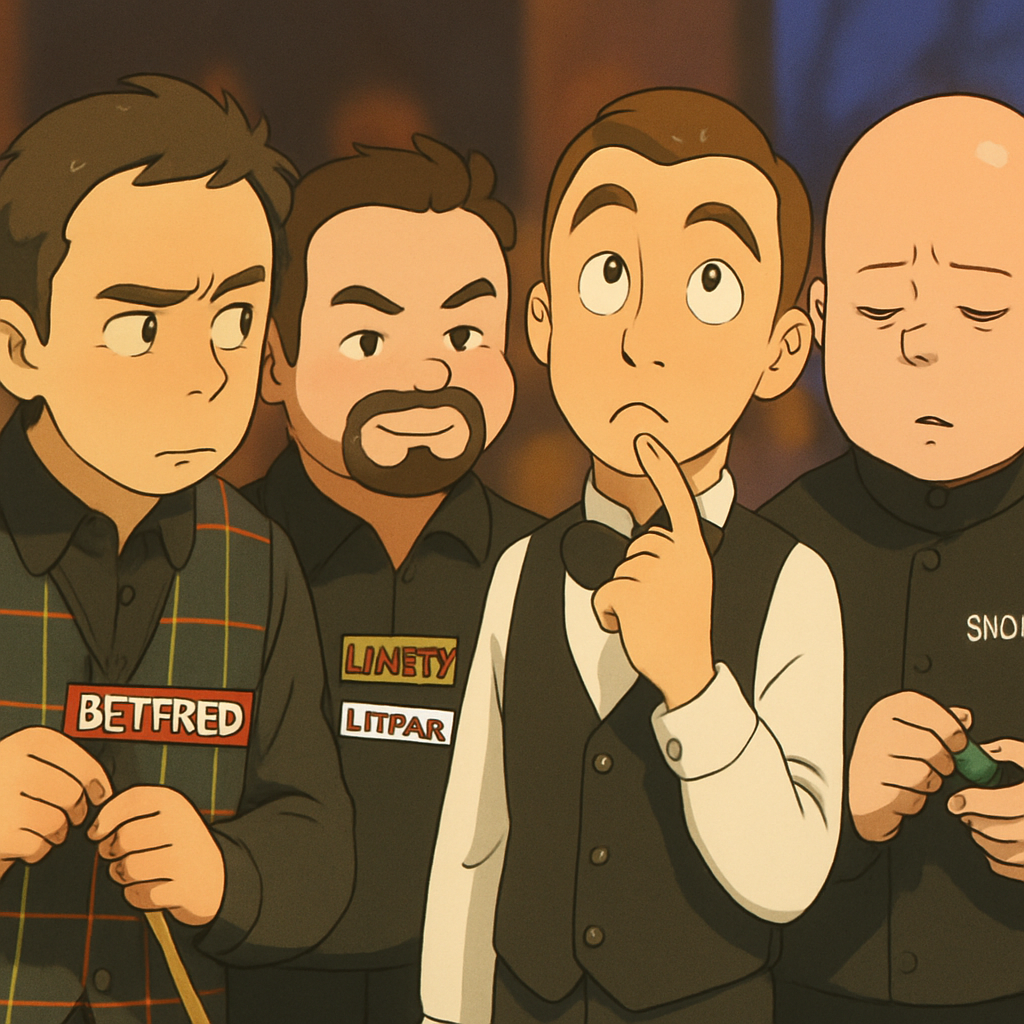GLASGOW — For decades, Scotland was a powerhouse in the world of snooker, producing legends like John Higgins and Stephen Hendry, whose dominance on the green baize captivated fans worldwide. But as the sport evolves, questions arise: Is snooker 'dying' in Scotland, or is it simply changing?
The Golden Era of Scottish Snooker
Scotland's snooker legacy is undeniable. Stephen Hendry, the seven-time World Champion, redefined the game in the 1990s with his ruthless precision. John Higgins, a four-time World Champion, carried the torch into the 2000s, blending tactical brilliance with break-building prowess. Together, they cemented Scotland’s reputation as a snooker stronghold. "Hendry and Higgins didn’t just win—they dominated," says snooker historian David Smith.
But the landscape has shifted. The last Scottish player to win a ranking title was Anthony McGill in 2021, and while young talents like Dean Young and Liam Graham show promise, none have yet reached the heights of their predecessors. "The pipeline isn’t as strong as it once was," admits former Scottish Snooker coach Alan McManus.
Why the Decline?
Several factors contribute to the perceived decline of Scottish snooker:
- Fewer Clubs: The number of snooker halls in Scotland has dwindled, with many closing due to rising costs and changing leisure habits.
- Lack of Investment: Unlike England, where the sport receives more funding, Scottish snooker struggles to secure sponsorships.
- Competition from Other Sports: Football and rugby dominate Scotland’s sporting culture, leaving snooker as a niche pursuit.
McManus adds, "Kids today have so many options. Snooker requires hours of practice, and without local clubs, it’s hard to nurture talent."
A New Generation Emerging?
Despite challenges, hope remains. The Scottish Snooker Federation has launched initiatives to revive interest, including school programs and amateur tournaments. Dean Young, 19, recently turned professional, and Liam Graham, 20, is making waves on the Challenge Tour. "They’re raw, but the talent is there," says Higgins.
However, replicating the success of Higgins or Hendry is no small feat. The modern game is more competitive, with players from China, England, and Europe raising the bar. "It’s not just about skill anymore—it’s about mental resilience and adaptability," notes McGill.
The Role of Television and Media
Snooker’s popularity in Scotland once thrived on TV coverage, but today, fewer matches are broadcast locally. Barry Hearn, former World Snooker chairman, argues, "If fans can’t watch, they can’t connect. We need better exposure."
Conclusion: Different, Not Dead
While Scotland may no longer dominate snooker as it once did, the sport isn’t vanishing—it’s evolving. The days of Hendry and Higgins may be unmatched, but with fresh talent and renewed efforts, Scottish snooker could yet see a resurgence. As Higgins himself puts it, "The game’s changed, but the passion hasn’t. We just need time."
For now, the question remains open: Is snooker dying in Scotland, or is it merely entering a new chapter? Only time—and the next generation—will tell.







